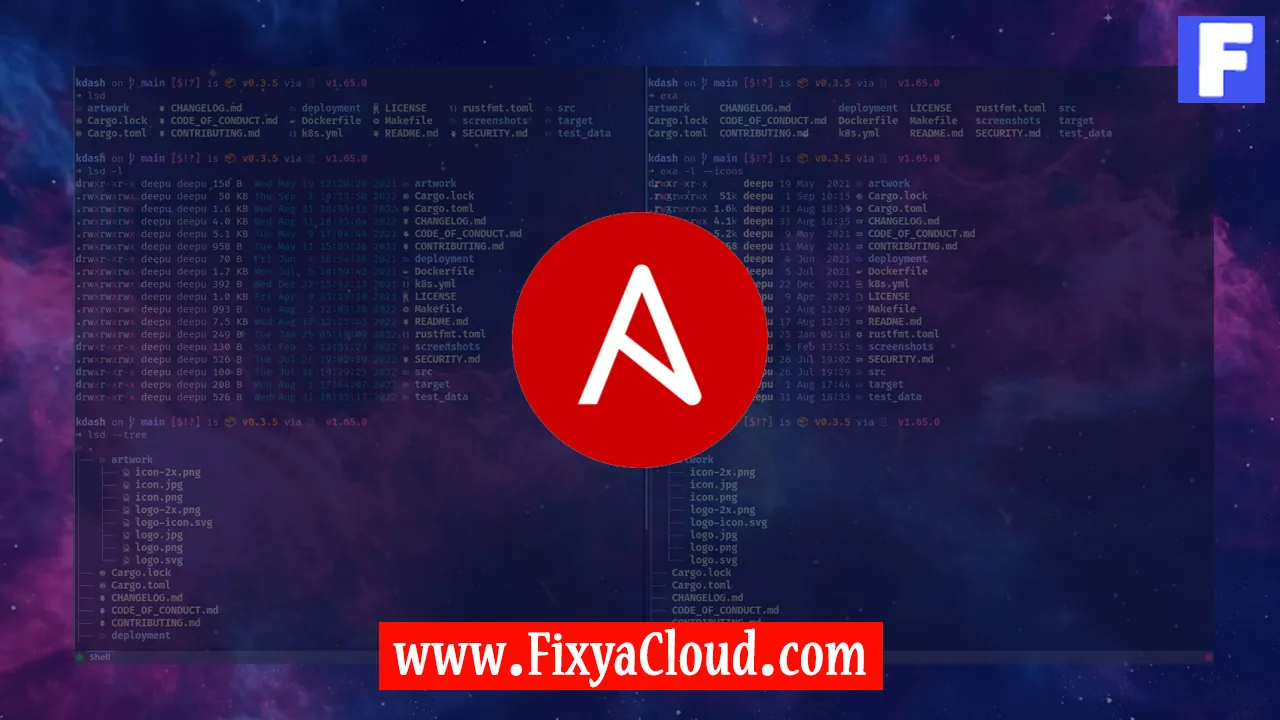Simplifying Container Orchestration with Ansible and Docker

Container orchestration has become an integral part of modern software development, enabling the efficient deployment, scaling, and management of containerized applications. In this article, we will explore how Ansible, a powerful automation tool, can be seamlessly integrated with Docker to simplify container orchestration tasks. By leveraging the strengths of both Ansible and Docker, we can create a robust and automated deployment pipeline for containerized applications.
Getting Started with Ansible:
Ansible, an open-source automation tool, is renowned for its simplicity and ease of use. To begin, ensure Ansible is installed on your system. If not, use the following command to install Ansible:sudo apt-get update
sudo apt-get install ansibleDocker Installation:
Before diving into container orchestration, let's set up Docker, the leading containerization platform. Use the following commands to install Docker on your system:sudo apt-get update
sudo apt-get install docker-ce docker-ce-cli containerd.ioAnsible Playbooks for Docker:
Ansible excels at automation through playbooks. Create a playbook for installing Docker and managing containers. Below is a sample playbook:---
- name: Install Docker
hosts: your_target_servers
become: true
tasks:
- name: Install required packages
apt:
name: ""
state: present
with_items:
- docker-ce
- docker-ce-cli
- containerd.ioExecute the playbook with the following command:
ansible-playbook your_playbook.ymlContainer Orchestration with Ansible:
Now that both Ansible and Docker are set up, let's orchestrate containers using Ansible. Create a playbook that defines your desired container configuration, including images, volumes, and network settings.---
- name: Orchestrate Containers
hosts: your_target_servers
become: true
tasks:
- name: Run a Docker container
docker_container:
name: my_container
image: nginx:latest
state: started
ports:
- "80:80"Execute the playbook:
ansible-playbook orchestrate_containers.ymlScaling and Managing Containers:
Ansible simplifies the scaling and management of containers. Use Ansible variables to define the number of desired container instances and update the playbook accordingly. Additionally, create tasks for stopping or removing containers when necessary.---
- name: Scale Containers
hosts: your_target_servers
become: true
tasks:
- name: Run multiple Docker containers
docker_container:
name: "my_container_"
image: nginx:latest
state: started
ports:
- "80:80"
loop: "[1, 2, 3, 4, 5]"Execute the updated playbook to scale containers:
ansible-playbook scale_containers.yml
More Examples:
Explore additional Ansible modules and Docker features to enhance your container orchestration. Consider integrating Ansible roles for better playbook organization and reusability. Experiment with advanced Docker features such as Docker Compose for multi-container applications.
Ansible and Docker together form a formidable combination for simplifying container orchestration. Automation through Ansible playbooks reduces manual intervention and ensures consistent deployment across diverse environments. By following the steps outlined in this article, you can harness the power of Ansible and Docker to streamline your containerized application workflows.
Related Searches and Questions asked:
That's it for this topic, Hope this article is useful. Thanks for Visiting us.
